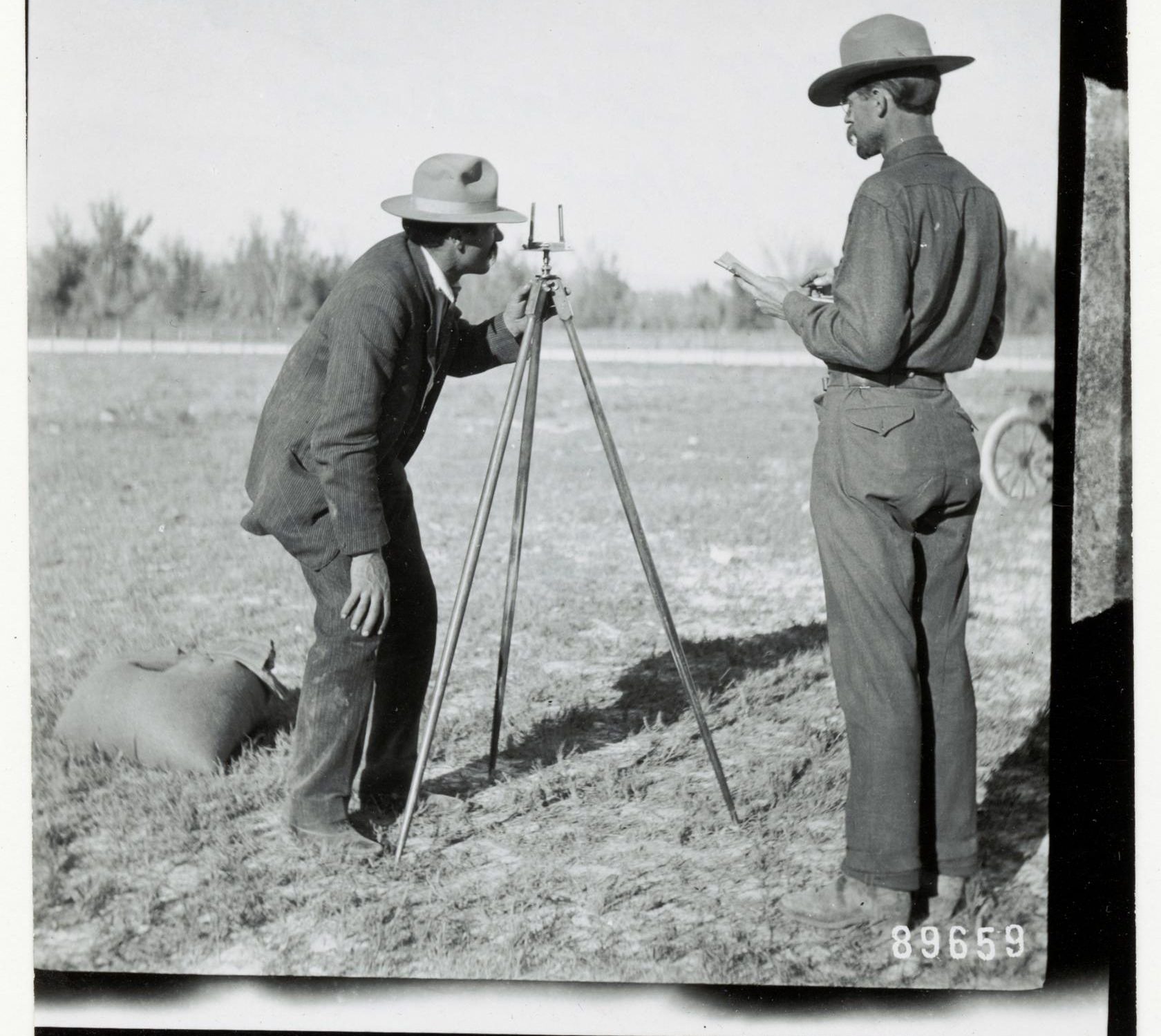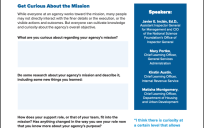Harvard University’s Kennedy School of Government – Project on Workforce pointed out the disconnect between higher education and work life. The United States Navy came to a similar conclusion and developed its own Naval Education Strategy to address the disconnect. In the Modernization of Congress Final Report, congressional staff noted that professional development was ranked as having significant beneficial value (page 74). In fact, good leaders know that talented human capital is a limited resource and that developing talent further is a challenge. Many organizations have made learning a priority by establishing a Chief Learning Officer to set up internal systems in for talent development.

Which all means that now everyone is their own chief learning officer. Sadly, the goal of most schooling is to develop a minimum level of competency. We all get trained for the first few years to focus on developing minimal levels of competency, from using our language to reasoning to STEM and now STEAM (which emphasizes the arts in addition to technical skills).
Later, we all learn that re-learning is as important a skill as learning. Being introduced to new learning experiences can be disorienting, but necessary to develop skills, especially for people seeking to expand their strengths. The Navy uses the phrases “what everyone needs to know,” “what many need to know,” and “what a few need to know” to articulate some method of establishing what professional development can look like for an entire workforce, both civilian and military.
For example, digital literacy has been identified as a critical skill for constituents, so they can understand information and make decisions, from policy choices to asking for services they need. This is what everyone needs to know. Government employees need to be able to meet constituents at their digital literacy level. Certain experts in the field, the talented few, have carefully developed skills, knowledge, and best cases to produce the most effective digital content and potential methods for delivery, so “the many” can create.
Different people may need different skills. Technical experts can learn how to be more creative in their communications. Managers who must implement day-to-day operations can learn how to communicate their needs, decisions, and organizational strategy to others. Policymakers who must solve problems and work with various stakeholders can learn how to explain their balancing of costs and benefits to everyone. Professional development can help people achieve an individual goal that ties in with the organizational goals, when done with some foresight and planning. Today, with so many learning resources, the challenge is developing one’s own development plan with inspiration to serve the public better in an ever-increasingly complex world of stakeholders with competing interests.
Christopher Rabzak is the founder of CRXJEM Consulting LLC, a management consulting firm that focuses on technology companies. Chris received his Aerospace Engineering degree from Penn State University, and worked in private industry for Teledyne Ryan and Boeing, as well as government entities including NASA. Chris earned an MBA and a JD from Widener University. He founded CRXJEM in 2008, and works with tech firms, develops continuing legal education courses to help attorneys understand how technology works, and is a certified continuing legal education provider in Pennsylvania. He is currently forming an international advisory board for a growing tech company.





Leave a Reply
You must be logged in to post a comment.